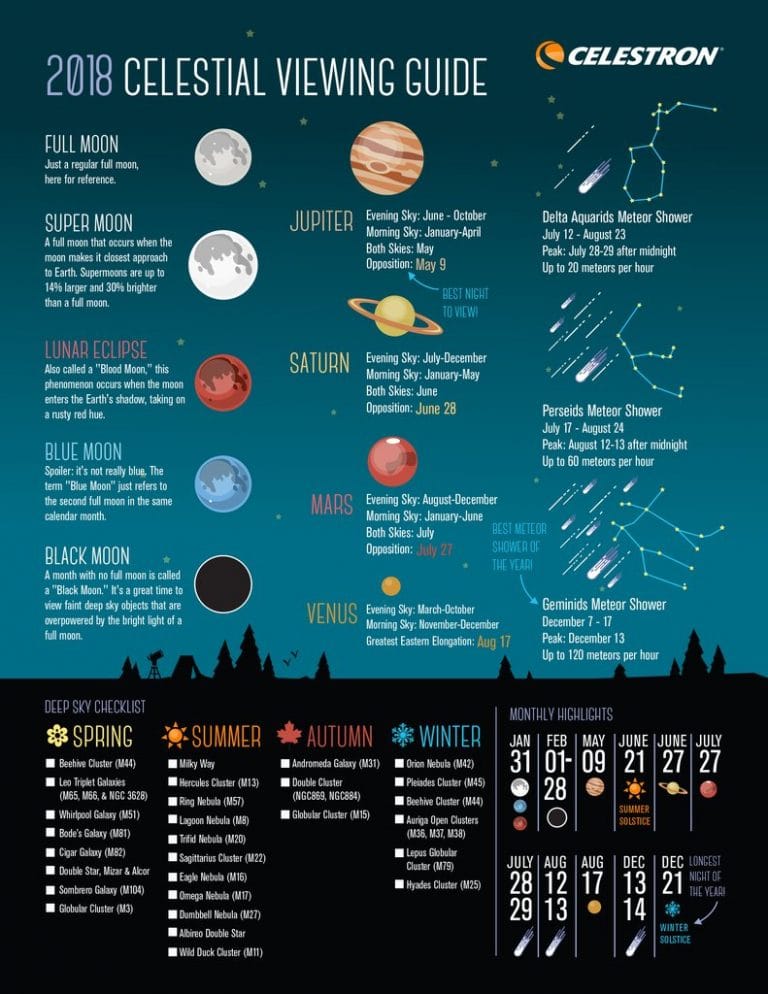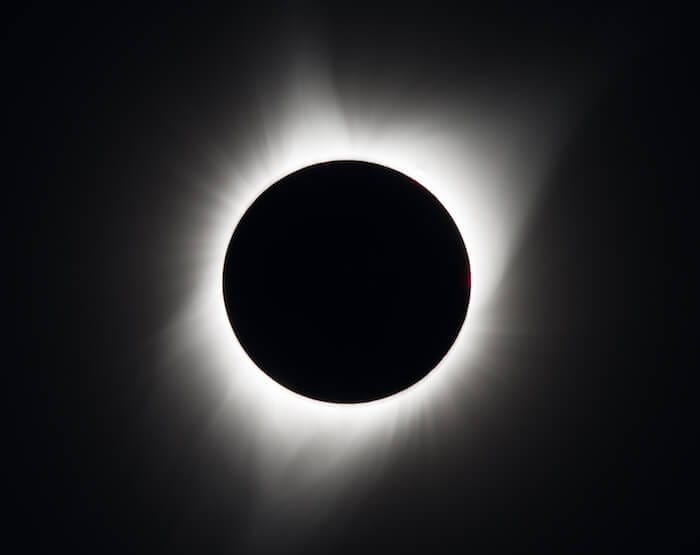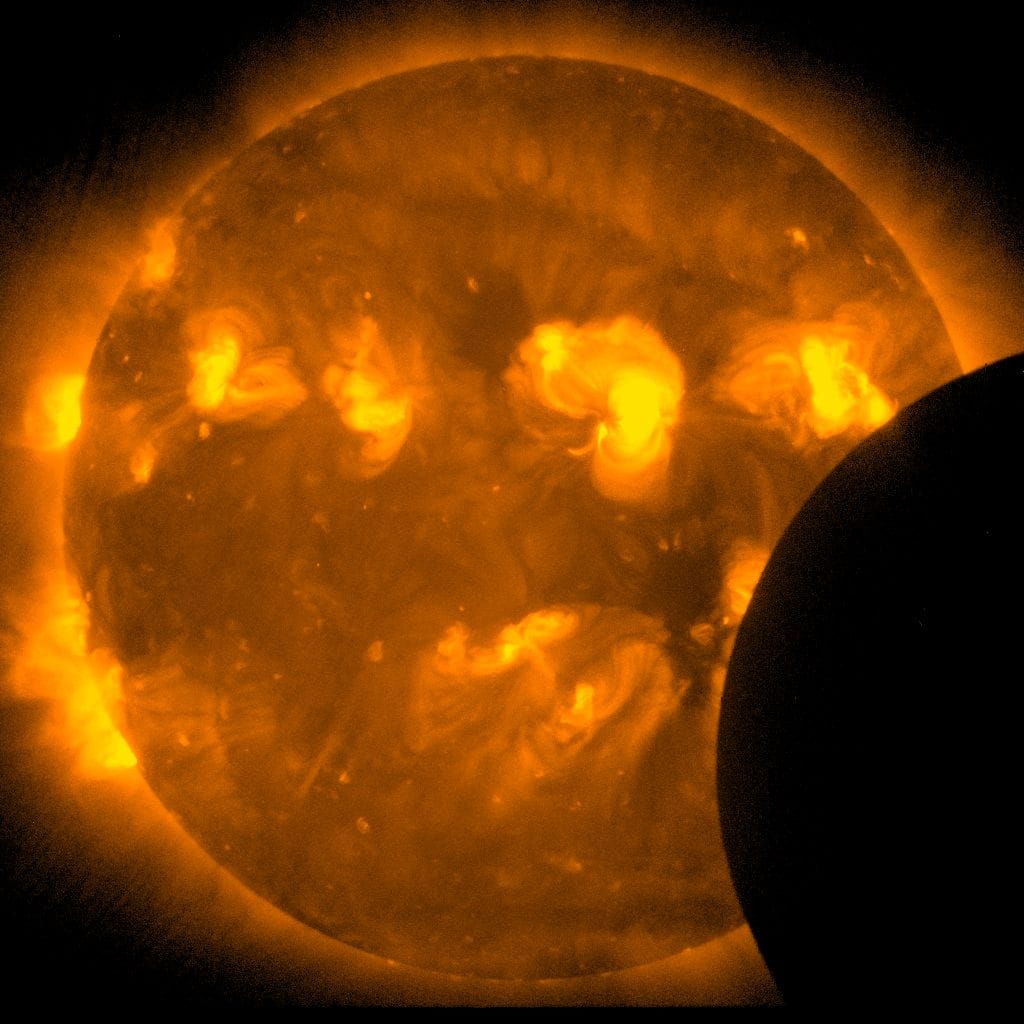The year 2025 will be marked by significant astronomical events, including two blood moons and two solar eclipses. This article provides essential information about these celestial phenomena, including their dates, visibility, and what to expect for enthusiasts and casual observers alike.
Tag: solar eclipse
Celestial Events to Watch in 2025: Lunar and Solar Eclipses
The year 2025 will present several noteworthy celestial events, including two total lunar eclipses, often referred to as “blood moons,” and two solar eclipses. These events will be visible from different regions across the globe, and will provide opportunities for both scientific observation and public viewing. The lunar eclipses will occur during a full moon when the Earth passes directly between the Sun and the Moon, casting a shadow upon the lunar surface. Solar eclipses, on the other hand, occur when the Moon passes between the Sun and Earth, blocking the Sun’s light either partially or completely, depending on the type of eclipse.
Twin Satellites to Simulate Solar Eclipses for Unprecedented Sun Study
Headline: Twin Satellites to Simulate Solar Eclipses for Unprecedented Sun Study Excerpt: A groundbreaking mission is set to launch a pair of satellites that will […]
Satellite Technology Revolutionizes Solar Eclipses: Convenience or Concern?
As satellite technology continues to advance, a new project aims to make solar eclipses a regularly occurring event through the use of two orbiting satellites. This innovative idea sparks debate on the benefits and possible drawbacks of such technological advancements in the field of astronomy and beyond.
European Satellites Prepare to Launch Mission to Observe Solar Eclipse
Two European satellites are set to embark on a groundbreaking mission to observe and study a total solar eclipse, providing valuable scientific data and insights into the Sun’s behavior.
European Satellites Launch to Demonstrate Artificial Solar Eclipses
European satellites have successfully launched to create artificial solar eclipses, marking a significant advancement in space technology and atmospheric research.





